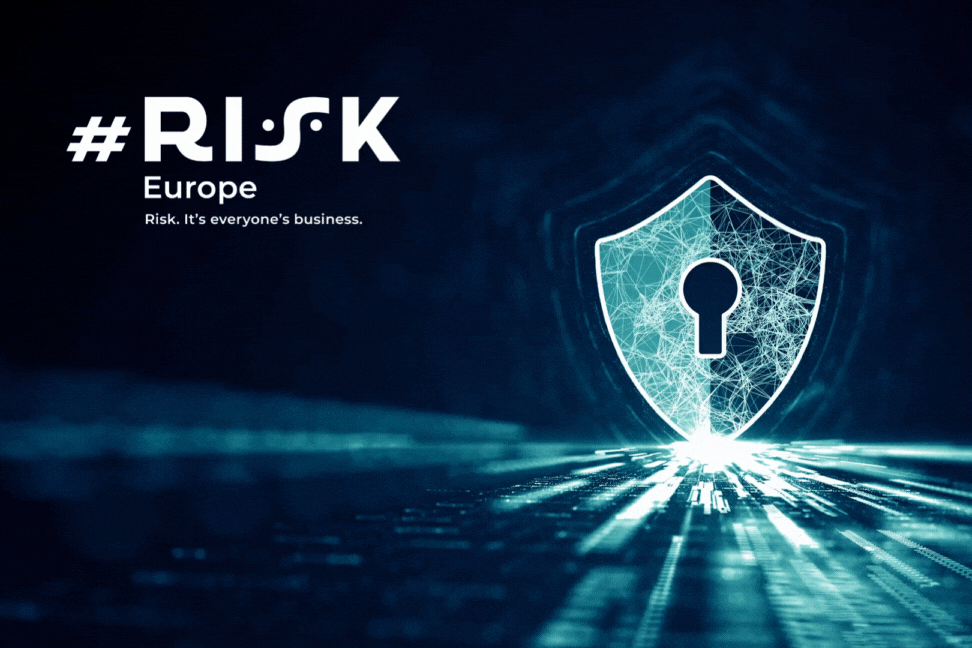Throughout the world several countries have begun to take a stronger approach to data privacy and security by enacting legislation pertaining to digital marketing and what organizations must do to ensure that consumer data is protected.

Nearly 140 countries around the world have already enacted laws and regulations designed to protect consumer data, one of the more notable instances of this is Europe’s General Data Protection Regulation which has inspired countries around the world to create similar legislation.
The growing concern for consumer data protection is well founded, and with growing regulation, organizations and compliance teams must be prepared to face the growing challenges in the coming future.
Cyber-attacks are one of the biggest ways an organization can experience significant financial losses as well as loss of reputation. Unfortunately cyber risk is on the rise with data breach victims increasing in 2021 from 2020 by 17%.
The GDPR was put into place in 2018 and since then the United States has been slow to enact consumer data protection legislation.
However, over the past couple years states have taken the issue into their own hands by implementing the California Consumer Protection Act in 2020 with other states following suit implementing the Consumer Data Protection Act in Virginia in March of 2021, the Colorado Privacy Act in July of 2021, the Utah consumer Privacy Act in March of 2022, and most recently the Connecticut Data Privacy Act, making it the fifth state to implement data privacy legislation.
With several other states also considering enacting similar privacy laws of their own, the possibility that the federal government implements overarching data privacy legislation is only on the rise. With that in mind organizations must prepare themselves for the inevitability of compliance with data privacy standards.
Looking Towards the Future of Privacy, Transparency, & Security Failure to abide by growing legislation can have lasting effects on all kinds of organizations.
Since the implementation of the CCPA in July of 2020, California regulators have enforced CCPA standards in 27 cases. This sheds light on the sheer quantity and severity of data breach cases within the United States.
Throughout the 21st century there have been numerous high profile cases of data breaches, for instance the Facebook data breach in April of 2019 that left 533 million users’ data exposed.
Another prominent and more recent case of a cyber breach affected LinkedIn in June of 2021 that resulted in 700 million user accounts being impacted.
Digital marketing organizations are not the only ones being affected by data breaches as companies of all kinds must better understand and develop their data privacy practices.
The San Juan Regional Medical Center in Farmington, New Mexico experienced unauthorized access to consumer data resulting in exposure of medical records of 69,000 patients. Data privacy and security is an issue that impacts all organizations and coming regulation will need to be followed by all, and the sooner organizations figure that out the better off they’ll be to face the coming challenges.
With the growing necessity for organizations to develop robust data privacy measures, organizations must begin to consider three key areas:
Privacy
Throughout the past 10 years organizations have secretly collected data and distributed it throughout countless other organizations. This is no longer acceptable in both the eyes of the law and consumers.
While bolstering privacy for consumers may seem as if it is hindering the company’s ability for success, the potential fines and reputational scrutiny are high prices to pay for mishandling consumer data.
Transparency
In many cases organizations are not barred from selling consumer data, but rather require the organization to inform and gain consent from consumers.
With this in mind, the best weapon against the growing demand for privacy is transparency. Inform consumers where their information is going and give them opportunities to establish their own limitations. In the long run this will greatly bolster trust and thus offer greater success to the organization.
Security
To best limit the potential of a data breach organizations must develop a robust policy management system. Policies are the organization’s key tool to create, implement, and enforce, effective procedures to ensure that the organization as a whole is following good data security practices.
Phishing and other means of methods of cybercrime are on the rise and employees must be trained to identify things like suspicious emails as well as understand how to react if there is a belief that there could be a data breach.
As technology continues to be a greater part of our lives it is becoming ever more important for organizations to put data privacy and security as a top priority throughout the coming years.
Cybersecurity and data privacy will only become more challenging to deal with, and if organizations wish to succeed in the coming years, then they must begin to act now to combat this emerging risk.












No comments yet